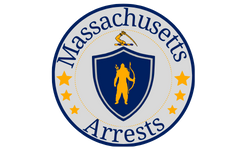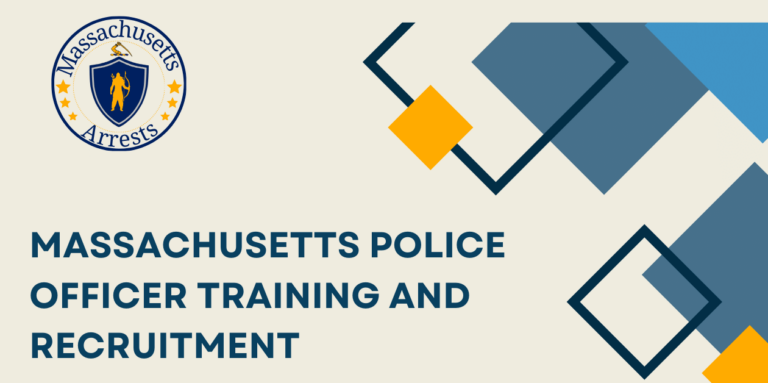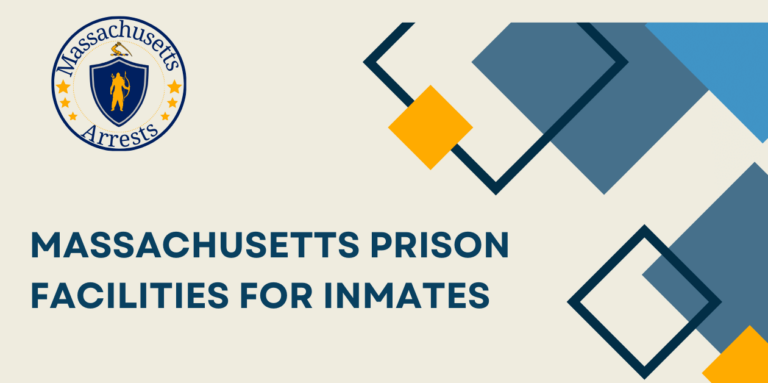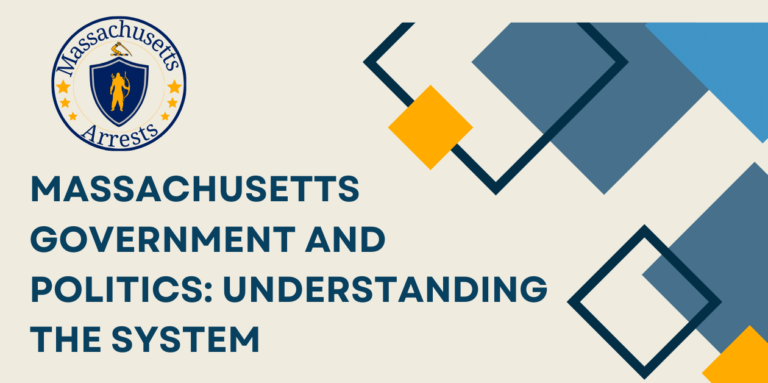Massachusetts Public Schools
Massachusetts is renowned for its strong commitment to education, boasting a rich history of public schooling dating back to colonial times. The state’s public school system is a cornerstone of its identity, serving as a model for educational excellence nationwide.
Massachusetts Public Schools
Massachusetts prides itself on providing high-quality education to its residents, setting rigorous academic standards and nurturing the intellectual growth of its students. With a focus on innovation and inclusivity, the state’s public schools strive to prepare students for success in an ever-changing world.
History of Massachusetts Public Education
The roots of public education in Massachusetts can be traced back to the 17th century when the Massachusetts Bay Colony enacted laws requiring towns to establish schools. Over the centuries, the state has been at the forefront of educational reform, implementing landmark initiatives such as the Massachusetts Education Reform Act of 1993.
Structure of Massachusetts Public School System
The Massachusetts public school system is organized into elementary, middle, and high schools, each playing a vital role in the academic journey of students. Additionally, the state is divided into school districts, each with its own administration and policies.
Curriculum and Standards
Massachusetts follows the Common Core State Standards, which outline the knowledge and skills students should acquire at each grade level. In addition to core subjects, students have access to specialized programs and initiatives tailored to their interests and needs.
Funding and Budgeting
Funding for Massachusetts public schools comes from various sources, including state and local taxes, as well as federal grants. Despite efforts to ensure equitable distribution of resources, disparities in funding still exist among districts.
Teacher Recruitment and Training
Teachers in Massachusetts must meet stringent requirements, including obtaining a bachelor’s degree and passing licensure exams. The state also prioritizes ongoing professional development to support educators in their roles.
Student Diversity and Inclusivity
Massachusetts public schools reflect the state’s rich diversity, with students from diverse cultural, linguistic, and socioeconomic backgrounds. Inclusivity is a core value, and schools strive to create welcoming environments where all students feel valued and supported.
Challenges Facing Massachusetts Public Schools
Despite its successes, Massachusetts public schools face challenges such as funding shortages and persistent achievement gaps. Addressing these issues requires collaborative efforts from policymakers, educators, and the community.
Innovations and Initiatives
To stay ahead of the curve, Massachusetts public schools are embracing innovations such as technology integration and STEM education initiatives. These efforts aim to prepare students for the demands of the 21st-century workforce.
Community Involvement and Parental Engagement
Strong community support and parental involvement are essential for the success of Massachusetts public schools. Schools actively seek to involve families in their children’s education through various outreach programs and initiatives.
Assessment and Accountability
Standardized testing is used to assess student progress and hold schools accountable for their performance. However, there is ongoing debate about the efficacy of these measures and their impact on teaching and learning.
Success Stories and Achievements
Massachusetts public schools have achieved notable success in various areas, from academic achievement to extracurricular accomplishments. These successes serve as inspiration and motivation for students and educators alike.
Future Outlook
Looking ahead, Massachusetts public schools are poised to continue their tradition of excellence while adapting to the evolving needs of students and society. By embracing innovation and collaboration, the state can build on its strengths and address its challenges to ensure a bright future for all learners.
FAQS
Explore our comprehensive Frequently Asked Questions (FAQ) section to find answers to common queries about ARRESTS.ORG MA
What is the student-to-teacher ratio in Massachusetts Public Schools?
In Massachusetts Public Schools, the student-to-teacher ratio varies depending on the grade level and the specific school. However, the average student-to-teacher ratio in Massachusetts Public Schools is approximately 13:1. This ensures that students receive personalized attention and support in their academic journey.
Are there any specialized programs for students with special needs?
Yes, Massachusetts Public Schools offer a range of specialized programs and services for students with special needs. These programs include special education classes, individualized education plans (IEPs), and support services such as speech therapy, occupational therapy, and counseling. The goal is to provide inclusive and equitable education for all students.
What extracurricular activities are available in Massachusetts Public Schools?
Massachusetts Public Schools offer a wide variety of extracurricular activities to cater to students’ diverse interests and talents. These activities include sports teams, clubs, music and arts programs, debate clubs, science fairs, and community service initiatives. Students have the opportunity to explore their passions and develop their skills outside of the classroom.
How do I enroll my child in a Massachusetts Public School?
To enroll your child in a Massachusetts Public School, you will need to contact the specific school or the school district’s enrollment office. They will provide you with the necessary forms and guide you through the enrollment process. Requirements may vary, but generally, you will need to provide proof of residency, your child’s birth certificate, immunization records, and any previous academic records.
What is the academic calendar for Massachusetts Public Schools?
The academic calendar for Massachusetts Public Schools follows a traditional school year format, typically running from September to June. It includes scheduled breaks such as winter break, spring break, and holidays. However, it’s important to note that specific dates may vary between schools and districts, so it’s recommended to check with the individual school for their specific academic calendar.
Are there any specialized programs for gifted and talented students?
Yes, Massachusetts Public Schools provide specialized programs and opportunities for gifted and talented students. These programs aim to challenge and nurture the abilities of high-achieving students by offering accelerated coursework, enrichment activities, and advanced placement classes. The goal is to provide an educational experience that matches the unique needs and abilities of gifted students.







